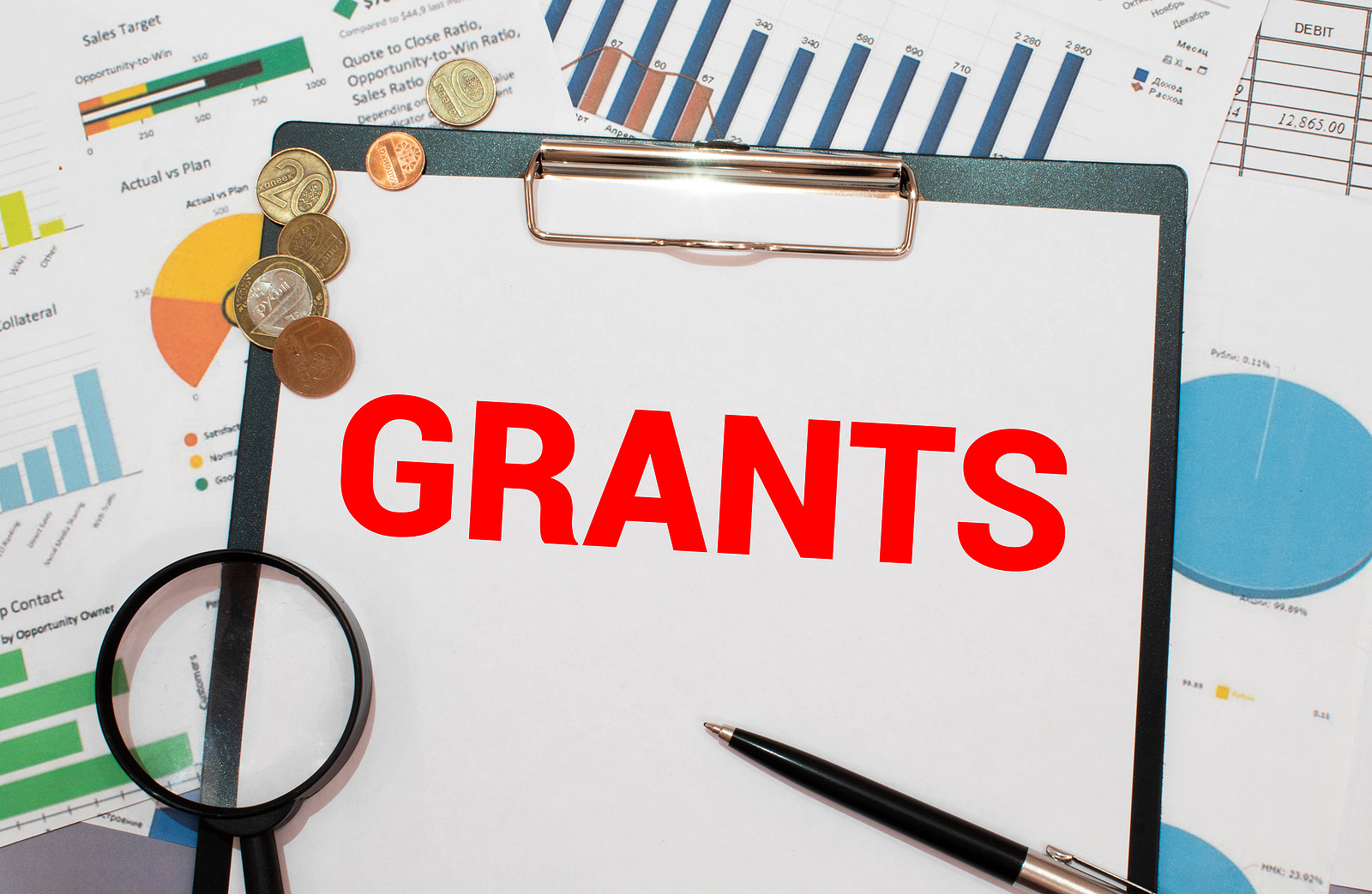Many grant applications will ask for basic demographic information such as population and income levels, which are available through the U.S. Census Bureau. There could also be general questions about the city’s geography or history. Applications will likely have a section on the project or program itself that is in need of funding – a description of the project or program, the overall cost, the funding request and local contribution (if any), a budget or potential funding breakdown, completion date and more. The city may be allowed to give anecdotal information about the positive impacts of the project or program and how it will benefit the community, giving the city a chance to share its story. Finally, many grants stipulate ongoing evaluation of the project or program to measure its effectiveness and the city should be prepared to provide any required information.
Writing a successful grant applications can be time consuming as it often involves digging up a variety of information and drafting a compelling story about the community. Cities can put their best foot forward by highlighting the positive features of the city as well as the project. It is also wise to detail other successful grants and projects as it shows a history of the city using grant money in a positive way. City officials should ensure that they have completed the grant application in full. Leaving out requested information will likely move an application to the bottom of the pile. And while it’s good to be thorough, writers should also be disciplined with how much information they are submitting. Applications should be reviewed by others in the city before being sent in, so it can be critiqued and edited.
Finding Grant Opportunities
Between the public and private sectors as well as the various non-profit organizations that offer grants, cities have a variety of funding assistance opportunities available to them. Targeting the ones that offer the best chance for success can be difficult, and this step often takes a fair amount of research. Before seeking out potential grantors, cities should first establish what type of program or project they are seeking assistance for. It could be related to recreation, housing, economic development, transportation or others. Correctly identifying the project or program will help narrow the search for grant opportunities. City officials will then need to determine the amount of funding they wish to seek along with an overall project budget, as this will play an important role throughout the process.
Using local organizations such as neighboring cities, the county government or the council of governments can help keep a city informed of possibilities. The State of Iowa has developed an online resource for all of the state government grants. The system provides details on grants currently available, deadlines, award announcements, eligible applicants and application requirements. Grants available through federal government agencies have a similar online system. Working with elected state and federal representatives will also keep city officials informed of potential opportunities. Lastly, the League announces available grants on our Web site and in our e-newsletter, League Weekly.
Cities are also encouraged to sign up for GrantFinder, a program offered to cities in Iowa through a League partnership that offers the largest searchable database of private, state and federal grants for municipalities and also gives users the ability to create grant calendars and alerts.
The tables below provide a list of available state government grants that are frequently accessed by cities in Iowa. There are numerous other grant opportunities and far too many to include here; cities should work to stay informed of available grants that can potentially benefit their community.
Iowa Department of Natural Resources
| Grant | Purpose |
|---|---|
| Derelict Buildings | With Keep Iowa Beautiful, deconstruction or renovation of derelict buildings |
| Land and Water Conservation | Acquisition and/or development of land for outdoor recreation, renovation of existing facilities |
| Resource Enhancement and Protection (REAP) | City parks, open spaces, recreational trails, multi-purpose recreational developments |
| Solid Waste Alternatives Program | Waste reduction, recycling programs |
| State Revolving Fund | With Iowa Finance Authority, water and wastewater system improvements |
| Trails | Various grants for all-terrain vehicle, snowmobile, and water trails |
Iowa Department of Transportation
| Grant | Purpose |
|---|---|
| Bridge Construction Fund | Construction or replacement of roadway bridges |
| Iowa Clean Air Attainment Program | Street, bicycle, pedestrian or freight projects that reduce transportation-related emissions |
| Grade Crossing Surface Repair | Rebuilding public highway-railroad grade crossing surfaces |
| Revitalize Iowa’s Sound Economy | Construction or improvement of roads for economic development purposes |
| Safe Routes to Schools | Improvements that will result in more students walking or bicycling to school |
| State Recreational Trails | Construction of trails which must be part of local or regional trail plan |
| Traffic Safety Improvement Program | Traffic safety improvements or studies on roads and purchase of traffic control devices |
| Grant | Purpose |
|---|---|
| State Housing Trust Fund | Safe and affordable housing projects, support of local housing trust funds |
| Grant | Purpose |
|---|---|
| Beautification | Beautification projects, including recycling, litter reduction, nuisance abatement and green spaces |
Iowa Economic Development Authority
| Grant | Purpose |
|---|---|
| Community Development Block Grant (CDBG) – Community Facilities | Day care facilities, senior centers, vocational workshops, storm water projects |
| CDBG – Downtown Revitalization | Urban renewal, replacement of slum and blight property |
| CDBG – Economic Development Set-Aside | Assistance to businesses creating new job opportunities |
| CDBG – Housing | Expand or retain supply of affordable housing |
| CDBG – Water/Housing | Water, sanitary sewer, wastewater treatment improvement projects |
| Main Street Iowa | Historic preservation, economic development |
| Enhance Iowa – Community Attraction & Tourism (CAT) and River Enhancement Community Attraction & Tourism (RECAT) | Recreational, cultural, educational and entertainment attractions |






